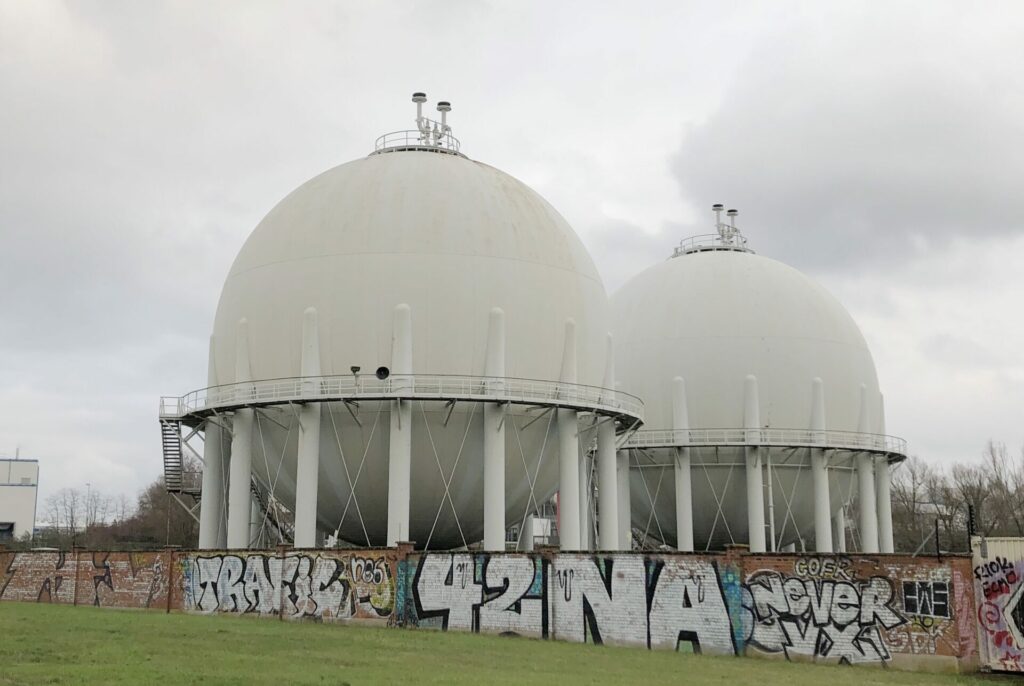Belgium has stored around 85% of the gas it needs for the winter, while across the border in France, gas reserves surpassed 90% on 25 August, according to the European Aggregate Gas Storage Inventory (AGSI) platform.
European governments are scrambling to fill their gas reserves for the winter against the backdrop of high energy prices and dwindling supply. In France, the stock of Teréga, one of the country's two gas transmission operators, has reached 91.21% capacity. Those of Storengy, a subsidiary of Engie, have reached 89.67%, according to the AGSI.
While in France, the current level of gas storage should be sufficient for around a quarter of the country’s annual consumption, the situation in Belgium is more serious. Despite gas reserves being nearly full, they are far from sufficient to offer consumption security: Belgium has now saved up gas for just 4% of annual consumption.
Belgium has only one underground gas storage with a total technical volume of just 9 terawatt hours. By contrast, France operates 16 facilities with a total capacity of 132.3 TWh. 42% of European underground gas is stored in Germany.
Europe braces for winter
For the whole of the European Union, gas stocks are now 78% full. The EU has set a target for filling its stocks by at least 80% by 1 November, and then to at least 90% before each winter until the end of 2025.
At the end of March, Belgium, along with other Benelux nations and Austria, Germany, and Switzerland, agreed to harmonise the storage of natural gas and to store energy cross-border. The EU will soon begin the joint purchase of natural gas to help control prices and build a buffer against supply shocks.
Russia’s gas monopoly Gazprom has begun to systematically disconnect EU Member States in protest over their refusal to pay for gas contracts in Russian rubles.
All in it together?
Compared to Belgium, France is now in a more “favourable” situation. It plans to rely on its gas reserves this winter, as well as the construction of a new LNG terminal next year to help counteract any drops in supply.
France’s Minister for Energy Transition, Agnès Pannier-Runache, has said that 100% gas storage capacity should be attained before the start of November – surpassing the target typically asked of the gas operators by 15%.
Related News
- 'End of abundance': Macron warns France of harsh winter to come
- Belgium in Brief: Winter woes we can't ignore
- De Croo: ‘The next five to ten winters will be difficult’
Compared to its neighbours, France is heading into the winter in a position of strength. Yet their position is far from safe, hinging largely on a continuation of Russian gas supplies and avoiding a European recession.
Compared to other countries, Belgium is not particularly reliant on Russian gas supplies, accounting for around 6.5% of its consumption. However, the rapidly increasing price of gas in the event of total cut-off by Russia would still impact the global prices of gas, making imports from Norway, which accounted for 43% of total imports in 2021, much more expensive.

